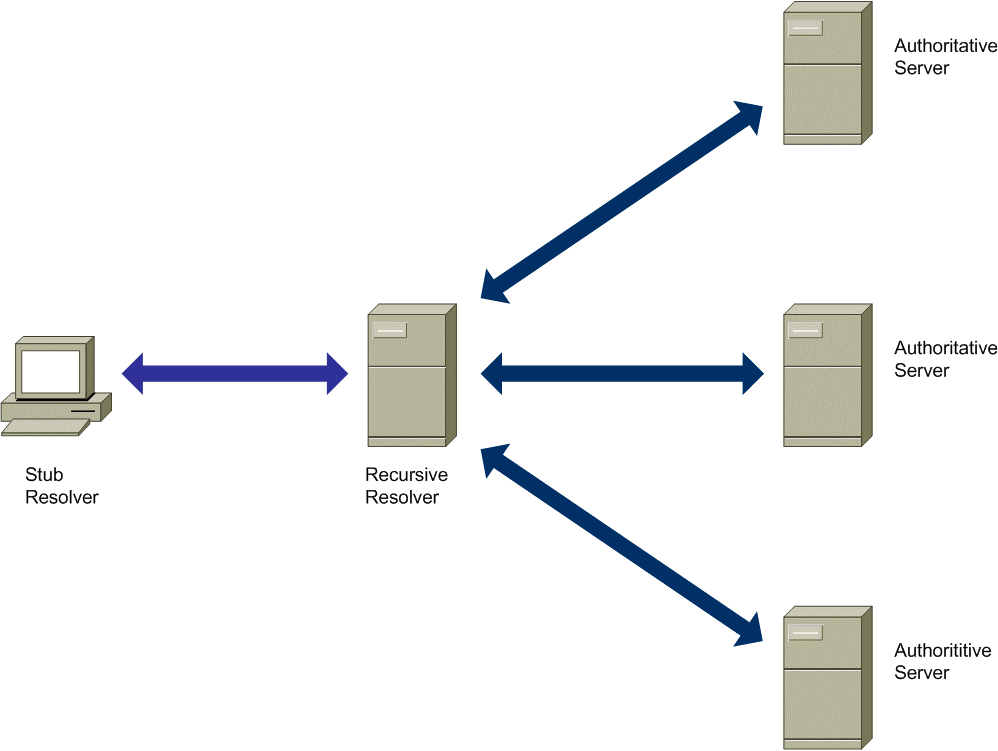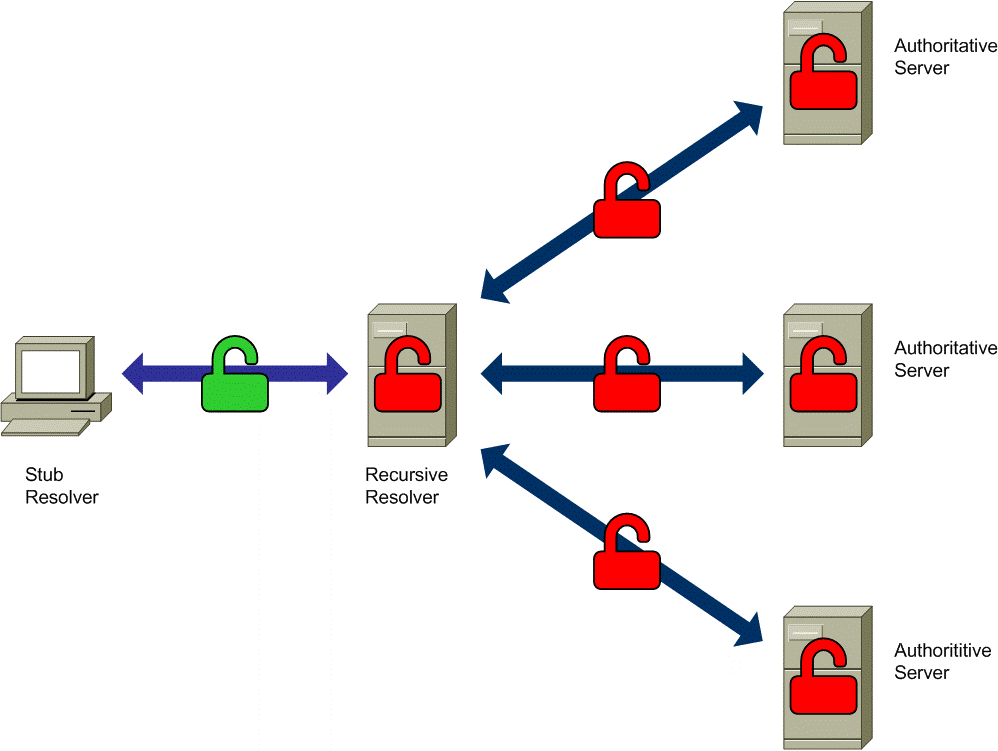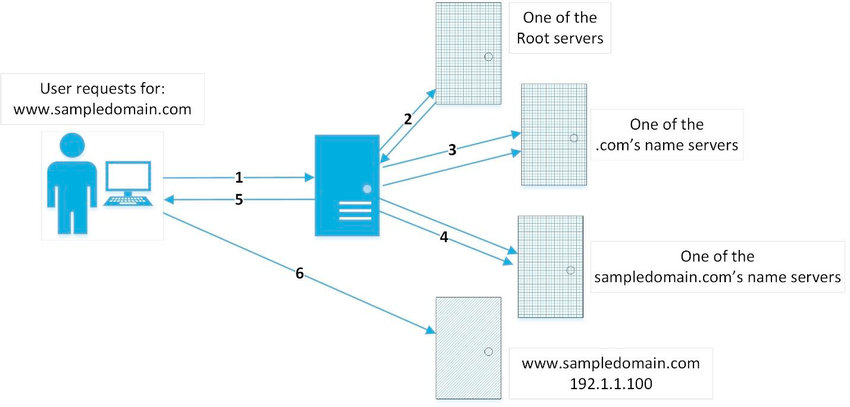Philippines Proxy Server List – ProxyNova
Proxy Server List – this page provides and maintains the largest and the most up-to-date list
of working proxy servers that are available for public use. Our powerful software checks over a million proxy
servers daily, with most proxies tested at least once every 15 minutes, thus creating one of the most reliable
proxy lists on the Internet – all for free.
Any proxy server listed on this page can be used with a software application that supports the
use of proxies such as your web browser. The most popular uses of proxies include hiding your real IP address,
disguising your geographic location, and accessing blocked websites.
This proxy list is updated once every 60 seconds from the data stored in our gigabyte-sized
proxy database.
The list can be filtered down by a number of attributes such as the port number of a proxy, country of origin of
a proxy, and the level of anonymity of a proxy.
Note: If you do not know what any of these numbers mean, or how to use proxy servers in
general, scroll to the bottom of this page.
Proxy IP
Proxy Port
Last Check
Proxy Speed
Uptime
Proxy Country
Anonymity
3128
5534 ms
1%
(51)
Philippines
Transparent
8090
3677 ms
22%
(70)
– Cabuyao
8080
3329 ms
26%
(19)
3168 ms
24%
(41)
– Quezon City
3616 ms
17%
(151)
3288 ms
14%
– Manila
1337
2718 ms
30%
(49)
766 ms
(18)
Elite
3527 ms
9%
– Dasmarinas
4068 ms
12%
(39)
– Makati City
8282
2833 ms
42%
(7)
– Mandaluyong City
2883 ms
21%
(83)
– Davao City
3001 ms
(54)
– Alingaro
3999 ms
16%
(59)
2927 ms
13%
1960 ms
6%
(15)
(40)
2666 ms
(56)
– Magugpo Poblacion
3305 ms
10%
(118)
– Ampucao
900 ms
(23)
– Quiapo District
80
2443 ms
(32)
3434 ms
11%
(27)
2734 ms
2030 ms
44%
(9)
2790 ms
31%
(16)
1714 ms
8%
(12)
2402 ms
(31)
1422 ms
50%
(2)
Proxy Anonymity Levels Explained
A more detailed explanation about the specifics can be found on our
proxy levels explained
page, but the basic behavior of each proxy level goes like this:
Transparent – target server knows your IP address
and it knows that you are connecting via a proxy server.
Anonymous – target server does not know your IP
address, but it knows that you’re using a proxy.
Elite or
High anonymity – target server does not know your IP address, or
that the request is relayed through a proxy server.
How to use Proxy Servers?
Almost any application, such as your own web-browser, can be configured to route your connections through a
proxy server for reasons of anonimity or performance.
Configuring your browser to use a proxy server is quick and easy, and the instructions for doing that are
described in our articles section.
However, the recommended alternative to doing all those steps anytime you wish to use a different proxy, is to
use our homemade proxy switcher
that can simplify the whole process to just a few mouse clicks. Our Nova Proxy Switcher can be downloaded from
our
proxy software page.

Is using a proxy server legal?
Yes, it is legal to use a proxy server. Proxies have many different uses, including enabling remote work; setting up a support system for users who are located outside a particular network; protecting networks and Internet users from malicious content; streaming online content from outside a country and more.
When are Proxy Servers Illegal?
Keep in mind that there are some circumstances in which using a proxy server is illegal. For example, some websites stream content that is only available to audiences who have paid their license fees to access it. If you did not pay license fees and tried to access that content via a proxy server, that act would be considered illegal.
Why Use a Proxy Server?
Let’s say you are living in the United Kingdom, and trying to log onto a U. S. based website to watch educational documentaries or your favorite TV programme. However, you discovered that IP addresses in the UK have been blocked. Don’t feel down just yet because proxies allow you to circumvent web filters that are blocking you from your geographical location.
There is content out there that may have been produced for individuals to view for free, so why shouldn’t you be able to view or access it? As long as using proxies do not appear to be an infringement of copyright law, you can use proxies to stream content while enjoying complete peace of mind.
Good Practices for Using Proxies Legally
Before you use a proxy server to stream any content that has been blocked in your geographical location, you should carefully read the target website’s terms and conditions. This practice ensures you avoid breaking any terms and conditions that may lead the target website to take legal action against you.
At Proxy Key, we offer stellar proxies that grant you instant access to your favorite content online with just a few clicks. Contact us today for more information.

What is a Proxy Server and How Does it Work? – Varonis
The actual nuts and bolts of how the internet works are not something people often stop to consider. The problem with that is the inherent danger of data security breaches and identity theft that come along with the cute dog pictures, 24-hour news updates, and great deals online.
But what actually happens when you browse the web? You might be using a proxy server at your office, on a Virtual Private Network (VPN) or you could be one of the more tech-savvy who always use a proxy server of some kind or another.
Discover the Top 5 Remote Security Threats to your workforce with our Free Whitepaper
“It’s a new world of remote work and this was a jumpstart on securing it. ”
What’s a Proxy Server?
A proxy server is any machine that translates traffic between networks or protocols. It’s an intermediary server separating end-user clients from the destinations that they browse. Proxy servers provide varying levels of functionality, security, and privacy depending on your use case, needs, or company policy.
If you’re using a proxy server, traffic flows through the proxy server on its way to the address you requested. The request then comes back through that same proxy server (there are exceptions to this rule), and then the proxy server forwards the data received from the website to you.
If that’s all it does, why bother with a proxy server? Why not just go straight from to the website and back?
Modern proxy servers do much more than forward web requests, all in the name of data security and network performance. Proxy servers act as a firewall and web filter, provide shared network connections, and cache data to speed up common requests. A good proxy server keeps users and the internal network protected from the bad stuff that lives out in the wild internet. Lastly, proxy servers can provide a high level of privacy.
How Does a Proxy Server Operate?
Every computer on the internet needs to have a unique Internet Protocol (IP) Address. Think of this IP address as your computer’s street address. Just as the post office knows to deliver your mail to your street address, the internet knows how to send the correct data to the correct computer by the IP address.
A proxy server is basically a computer on the internet with its own IP address that your computer knows. When you send a web request, your request goes to the proxy server first. The proxy server then makes your web request on your behalf, collects the response from the web server, and forwards you the web page data so you can see the page in your browser.
When the proxy server forwards your web requests, it can make changes to the data you send and still get you the information that you expect to see. A proxy server can change your IP address, so the web server doesn’t know exactly where you are in the world. It can encrypt your data, so your data is unreadable in transit. And lastly, a proxy server can block access to certain web pages, based on IP address.
What are Forward Proxies
A forward proxy server sits between the client and an external network. It evaluates the outbound requests and takes action on them before relaying that request to the external resource.
Most proxy services that you’re likely to encounter are forward proxies. Virtual Private Networks and Web content filters are both examples of forward proxies.
What are Reverse Proxies
A reverse proxy server sits between a network and multiple other internal resources. A large website might have dozens of servers that collectively serve requests from a single domain. To accomplish that, client requests would resolve to a machine that would act as a load balancer. The load balancer would then proxy that traffic back to the individual servers.
Some popular open source reverse proxies are:
Varnish
Squid
Why Should You Use a Proxy Server?
There are several reasons organizations and individuals use a proxy server.
To control internet usage of employees and children: Organizations and parents set up proxy servers to control and monitor how their employees or kids use the internet. Most organizations don’t want you looking at specific websites on company time, and they can configure the proxy server to deny access to specific sites, instead redirecting you with a nice note asking you to refrain from looking at said sites on the company network. They can also monitor and log all web requests, so even though they might not block the site, they know how much time you spend cyberloafing.
Bandwidth savings and improved speeds: Organizations can also get better overall network performance with a good proxy server. Proxy servers can cache (save a copy of the website locally) popular websites – so when you ask for, the proxy server will check to see if it has the most recent copy of the site, and then send you the saved copy. What this means is that when hundreds of people hit at the same time from the same proxy server, the proxy server only sends one request to This saves bandwidth for the company and improves the network performance.
Privacy benefits: Individuals and organizations alike use proxy servers to browse the internet more privately. Some proxy servers will change the IP address and other identifying information the web request contains. This means the destination server doesn’t know who actually made the original request, which helps keeps your personal information and browsing habits more private.
Improved security: Proxy servers provide security benefits on top of the privacy benefits. You can configure your proxy server to encrypt your web requests to keep prying eyes from reading your transactions. You can also prevent known malware sites from any access through the proxy server. Additionally, organizations can couple their proxy server with a Virtual Private Network (VPN), so remote users always access the internet through the company proxy. A VPN is a direct connection to the company network that companies provide to external or remote users. By using a VPN, the company can control and verify that their users have access to the resources (email, internal data) they need, while also providing a secure connection for the user to protect the company data.
Get access to blocked resources: Proxy servers allow users to circumvent content restrictions imposed by companies or governments. Is the local sportsball team’s game blacked out online? Log into a proxy server on the other side of the country and watch from there. The proxy server makes it look like you are in California, but you actually live in North Carolina. Several governments around the world closely monitor and restrict access to the internet, and proxy servers offer their citizens access to an uncensored internet.
Now that you have an idea about why organizations and individuals use a proxy server, take a look at the risks below.
Proxy Server Risks
You do need to be cautious when you choose a proxy server: a few common risks can negate any of the potential benefits:
Free proxy server risks
You know the old saying “you get what you pay for? ” Well, using one of the many free proxy server services can be quite risky, even the services using ad-based revenue models.
Free usually means they aren’t investing heavily in backend hardware or encryption. You’ll likely see performance issues and potential data security issues. If you ever find a completely “free” proxy server, tread very carefully. Some of those are just looking to steal your credit card numbers.
Browsing history log
The proxy server has your original IP address and web request information possibly unencrypted, saved locally. Make sure to check if your proxy server logs and saves that data – and what kind of retention or law enforcement cooperation policies they follow.
If you expect to use a proxy server for privacy, but the vendor is just logging and selling your data you might not be receiving the expected value for the service.
No encryption
If you use a proxy server without encryption, you might as well not use a proxy server. No encryption means you are sending your requests as plain text. Anyone who is listening will be able to pull usernames and passwords and account information really easily. Make sure whatever proxy server you use provides full encryption capability.
Types of Proxy Servers
Not all proxy servers work the same way. It’s important to understand exactly what functionality you’re getting from the proxy server, and ensure that the proxy server meets your use case.
Transparent Proxy
A transparent proxy tells websites that it is a proxy server and it will still pass along your IP address, identifying you to the web server. Businesses, public libraries, and schools often use transparent proxies for content filtering: they’re easy to set up both client and server side.
Anonymous Proxy
An anonymous proxy will identify itself as a proxy, but it won’t pass your IP address to the website – this helps prevent identity theft and keep your browsing habits private. They can also prevent a website from serving you targeted marketing content based on your location. For example, if knows you live in Raleigh, NC, they will show you news stories they feel are relevant to Raleigh, NC. Browsing anonymously will prevent a website from using some ad targeting techniques, but is not a 100% guarantee.
Distorting proxy
A distorting proxy server passes along a false IP address for you while identifying itself as a proxy. This serves similar purposes as the anonymous proxy, but by passing a false IP address, you can appear to be from a different location to get around content restrictions.
High Anonymity proxy
High Anonymity proxy servers periodically change the IP address they present to the web server, making it very difficult to keep track of what traffic belongs to who. High anonymity proxies, like the TOR Network, is the most private and secure way to read the internet.
Proxy servers are a hot item in the news these days with the controversies around Net Neutrality and censorship. By removing net neutrality protections in the United States, Internet Service Providers (ISP) are now able to control your bandwidth and internet traffic. ISPs can potentially tell you what sites you can and cannot see. While there’s a great amount of uncertainty around what is going to happen with Net Neutrality, it’s possible that proxy servers will provide some ability to work around an ISPs restrictions.
Varonis analyzes data from proxy servers to protect you from data breaches and cyber attacks. The addition of proxy data gives more context to better analyze user behavior trends for abnormalities. You can get an alert on that suspicious activity with actionable intelligence to investigate and deal with the incident.
For example, a user accessing GDPR data might not be significant on its own. But if they access GDPR data and then try to upload it to an external website, it could be an exfiltration attempt and potential data breach. Without the context provided by file system monitoring, proxy monitoring, and Varonis threat models, you might see these events in a vacuum and not realize you need to prevent a data breach.
Get a 1:1 demo to see these threat models in action – and see what your proxy data could be telling you.
Frequently Asked Questions about proxy server philippines
Are proxy servers illegal?
Yes, it is legal to use a proxy server. Proxies have many different uses, including enabling remote work; setting up a support system for users who are located outside a particular network; protecting networks and Internet users from malicious content; streaming online content from outside a country and more.
What is proxy server IP address?
A proxy server is basically a computer on the internet with its own IP address that your computer knows. … A proxy server can change your IP address, so the web server doesn’t know exactly where you are in the world.May 7, 2021
How do I use a proxy server?
Connecting to a proxy serverOpen Chrome.Open the Customize and control Google Chrome menu.Click Settings > System > Open proxy settings.Use Internet Properties to set up a connection for your type of network: … Enter the address of your proxy server, and a proxy port number.Click OK to save your changes.

